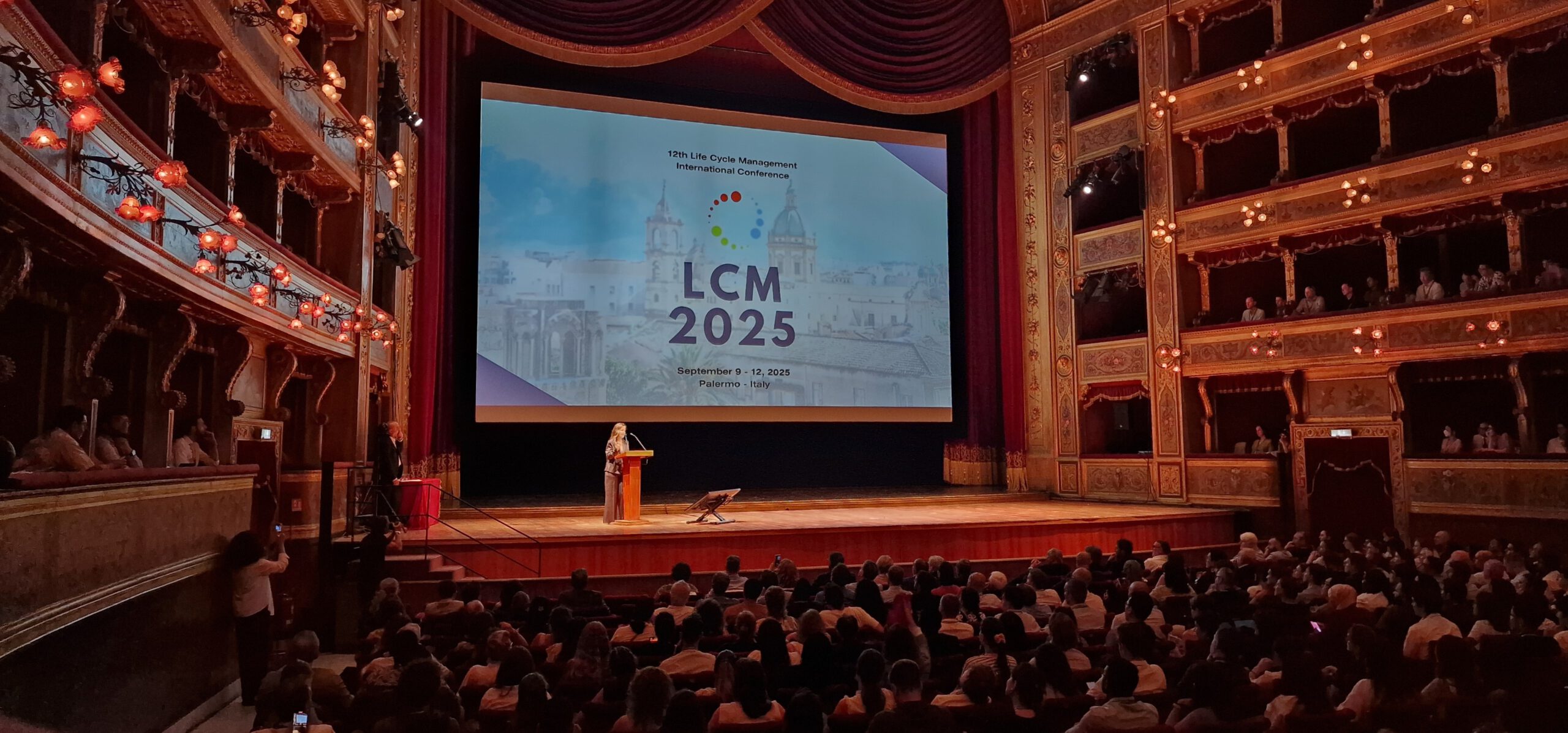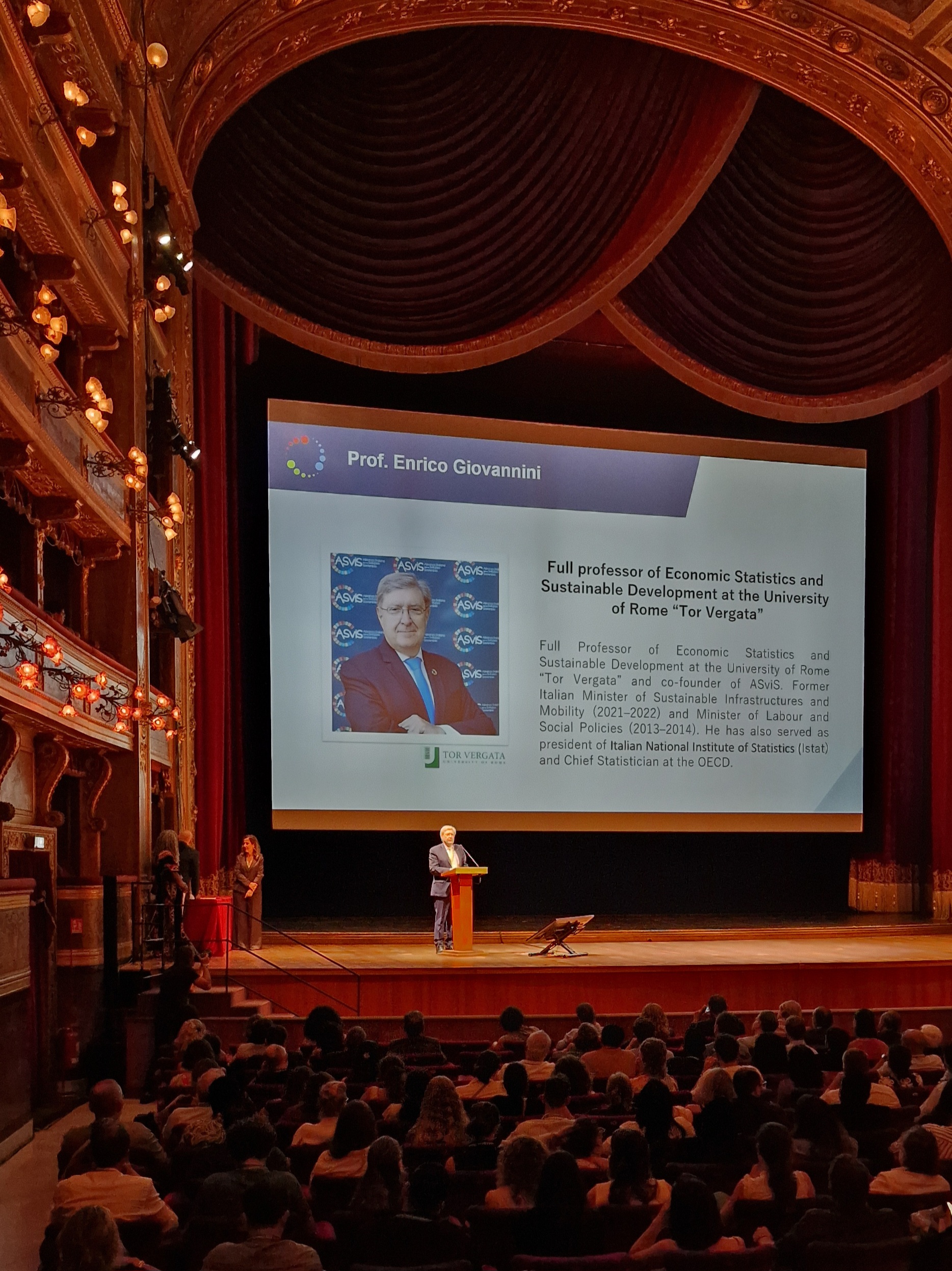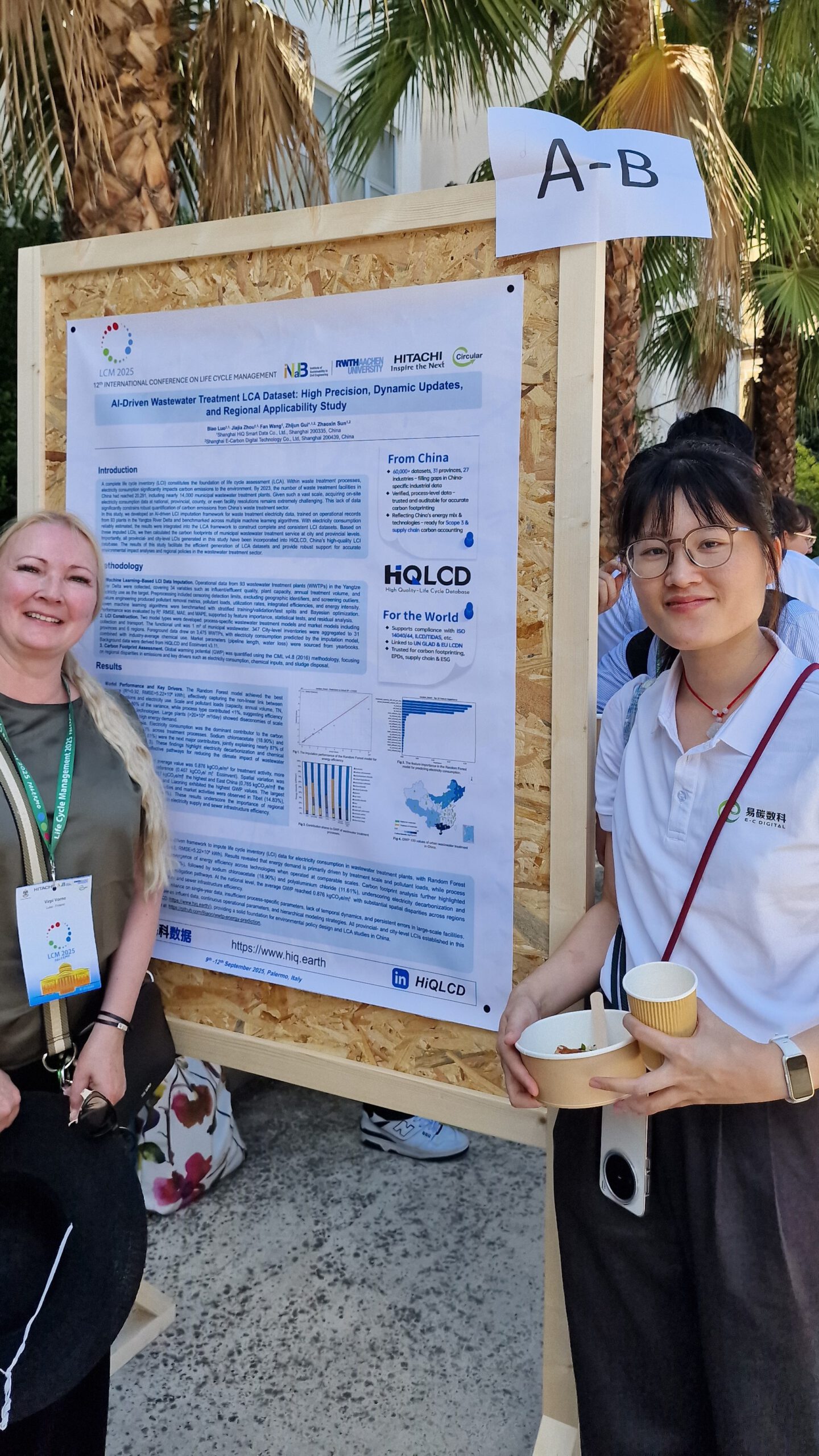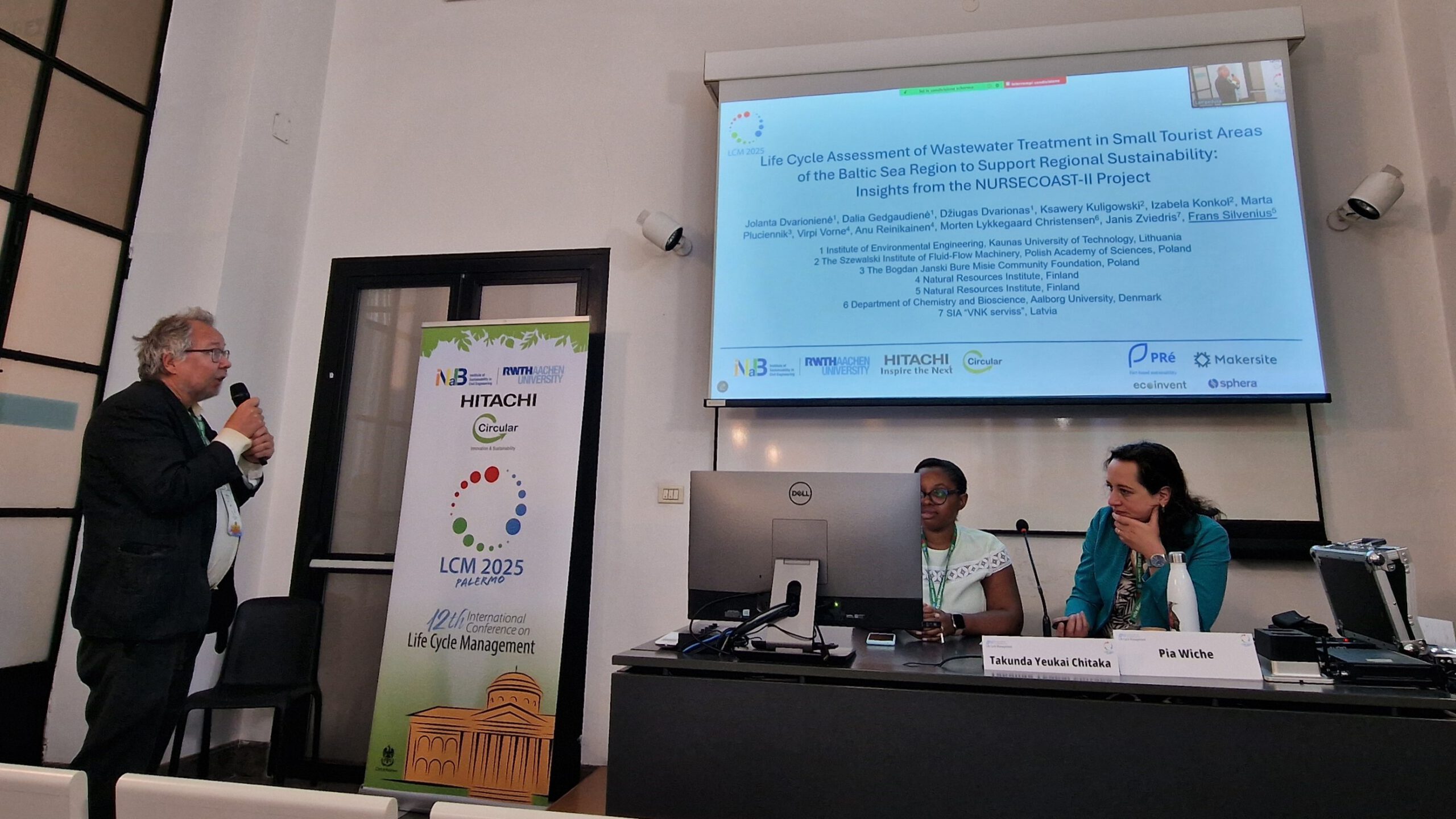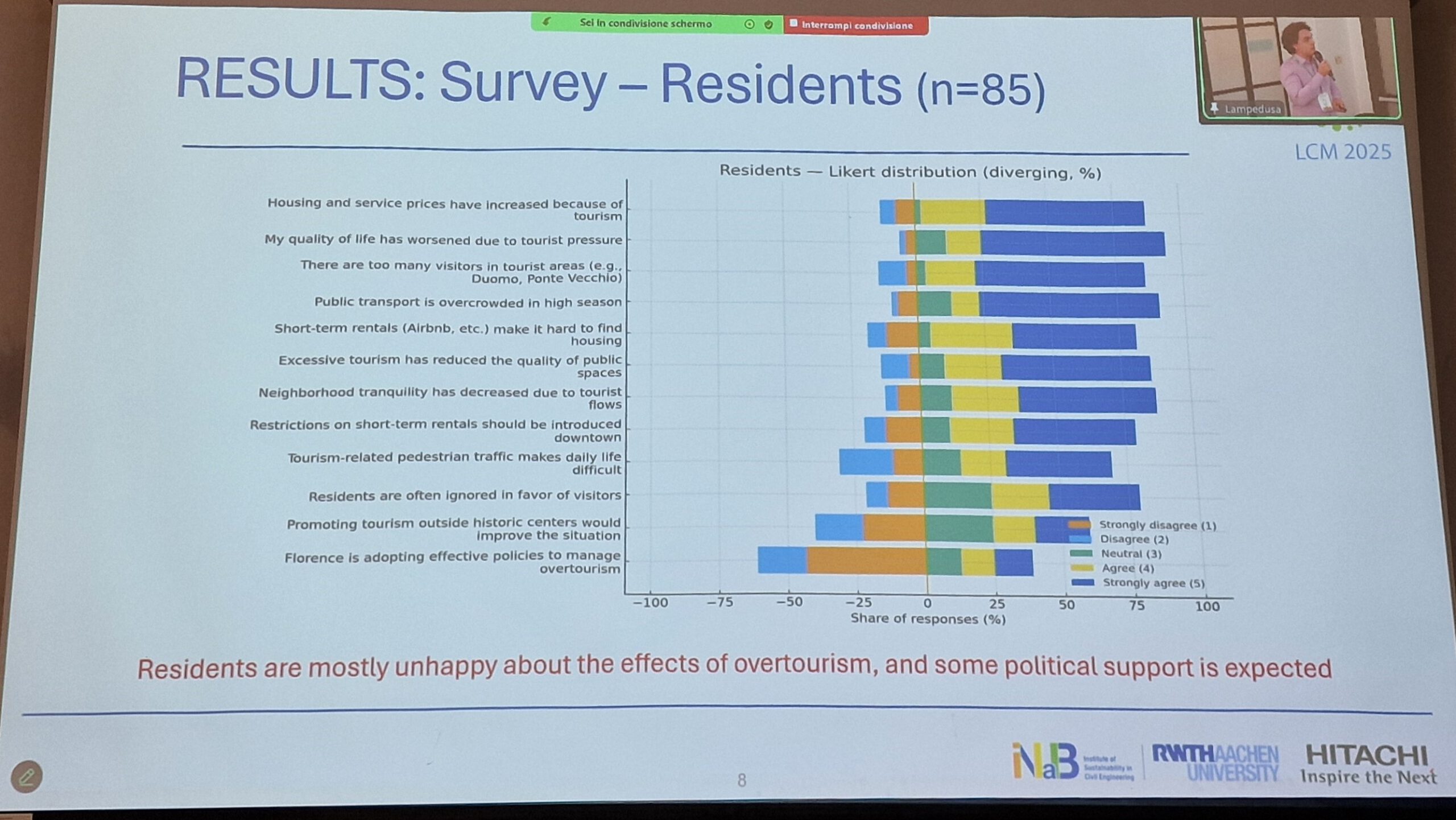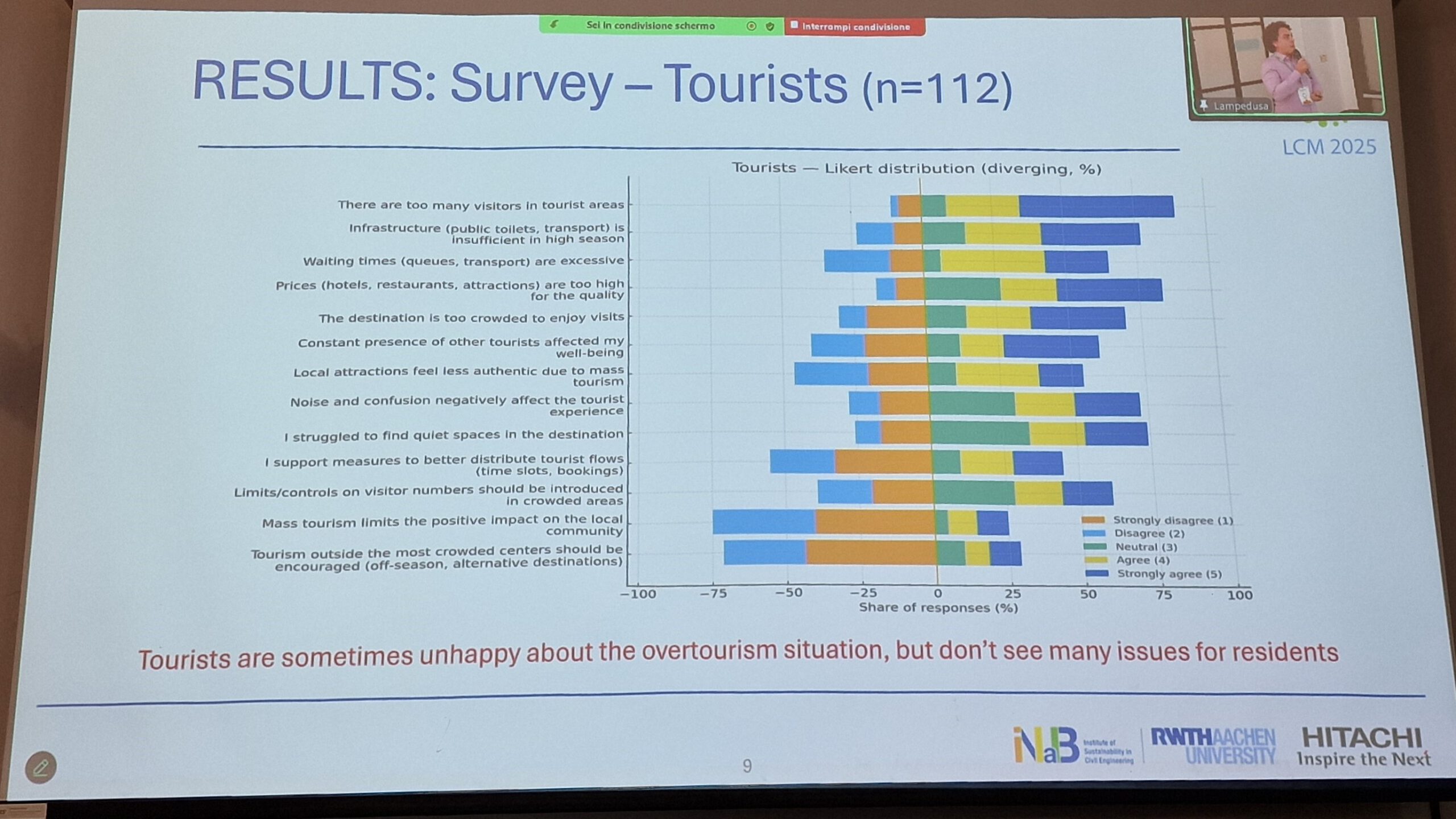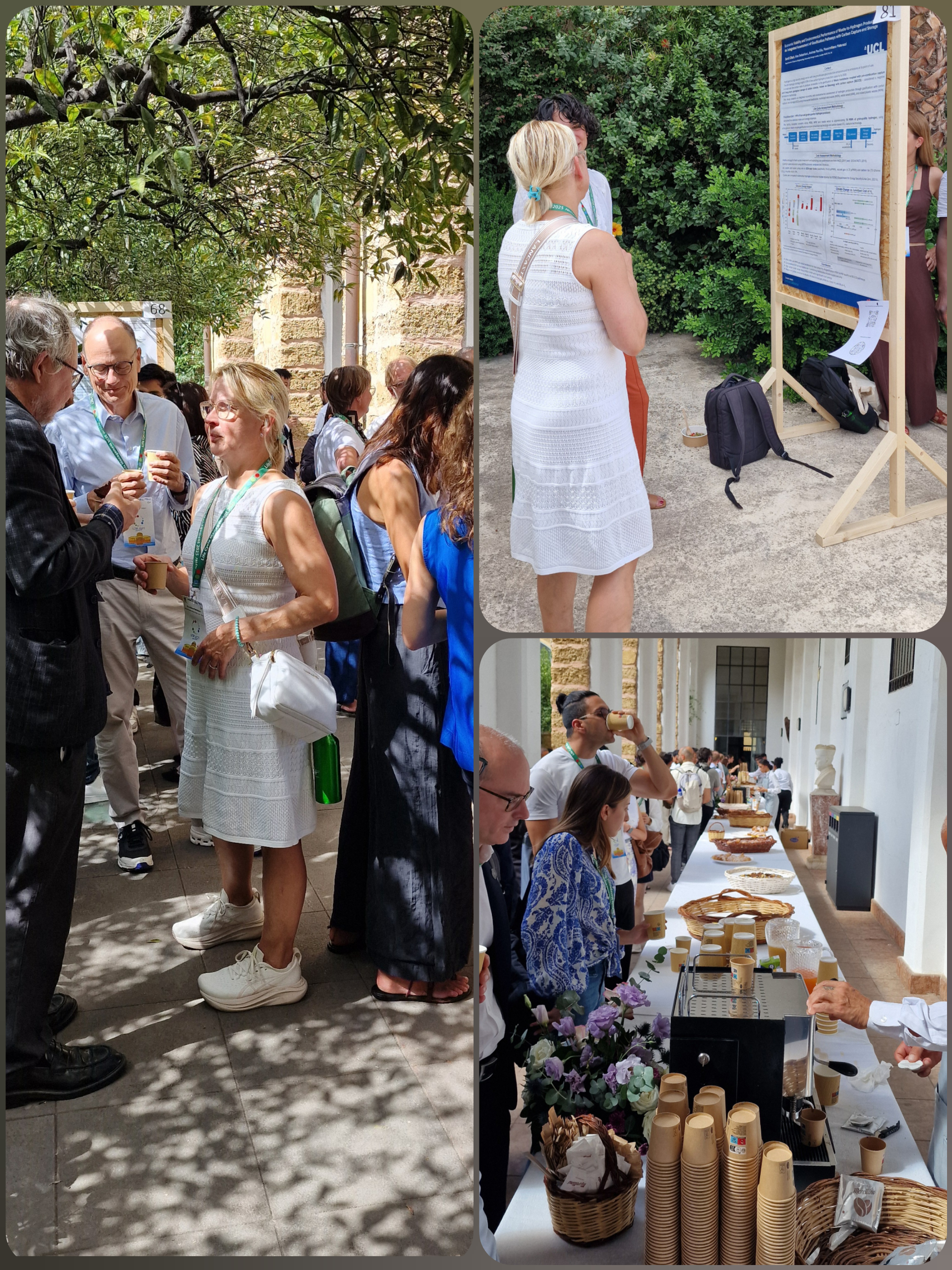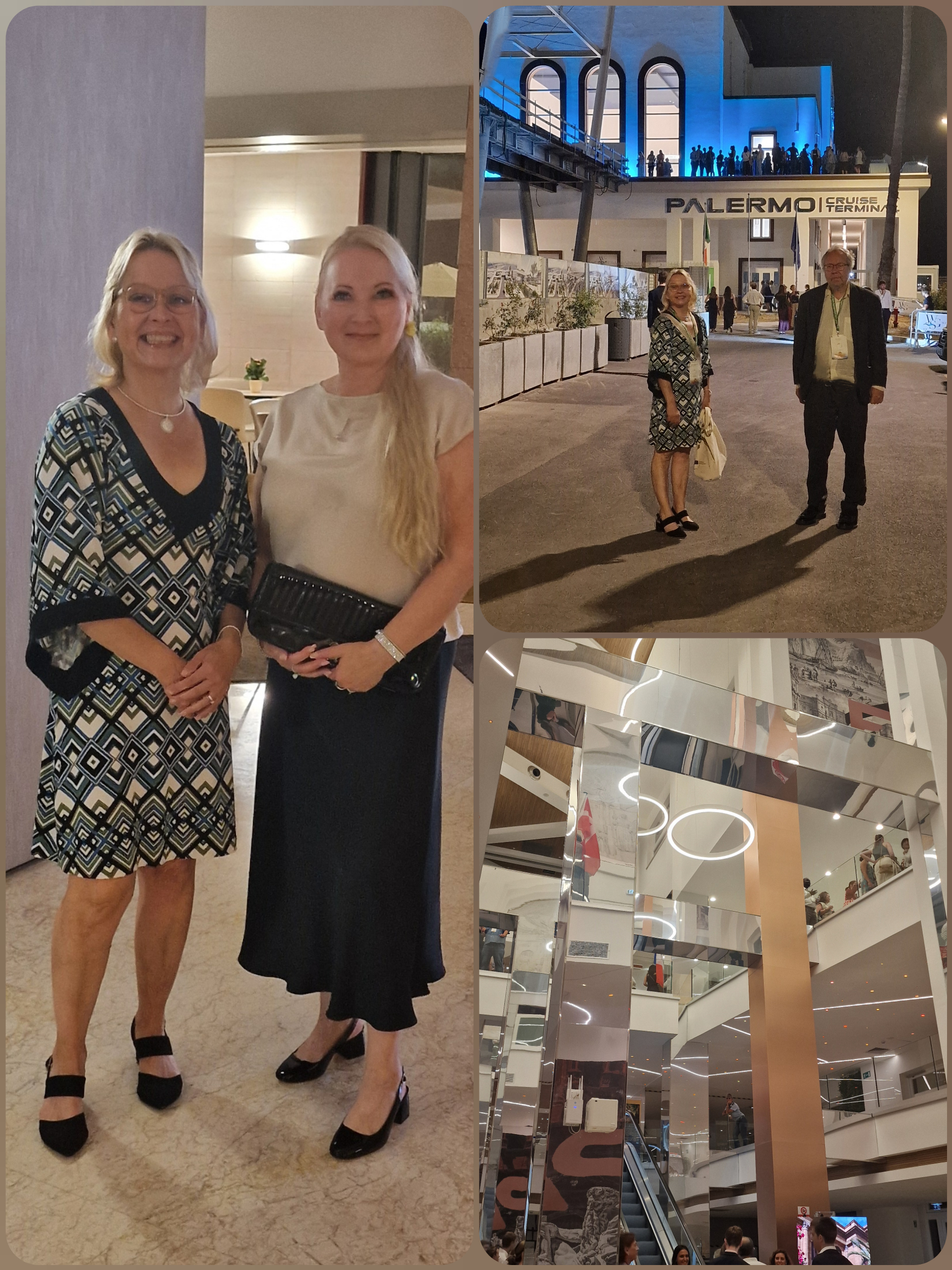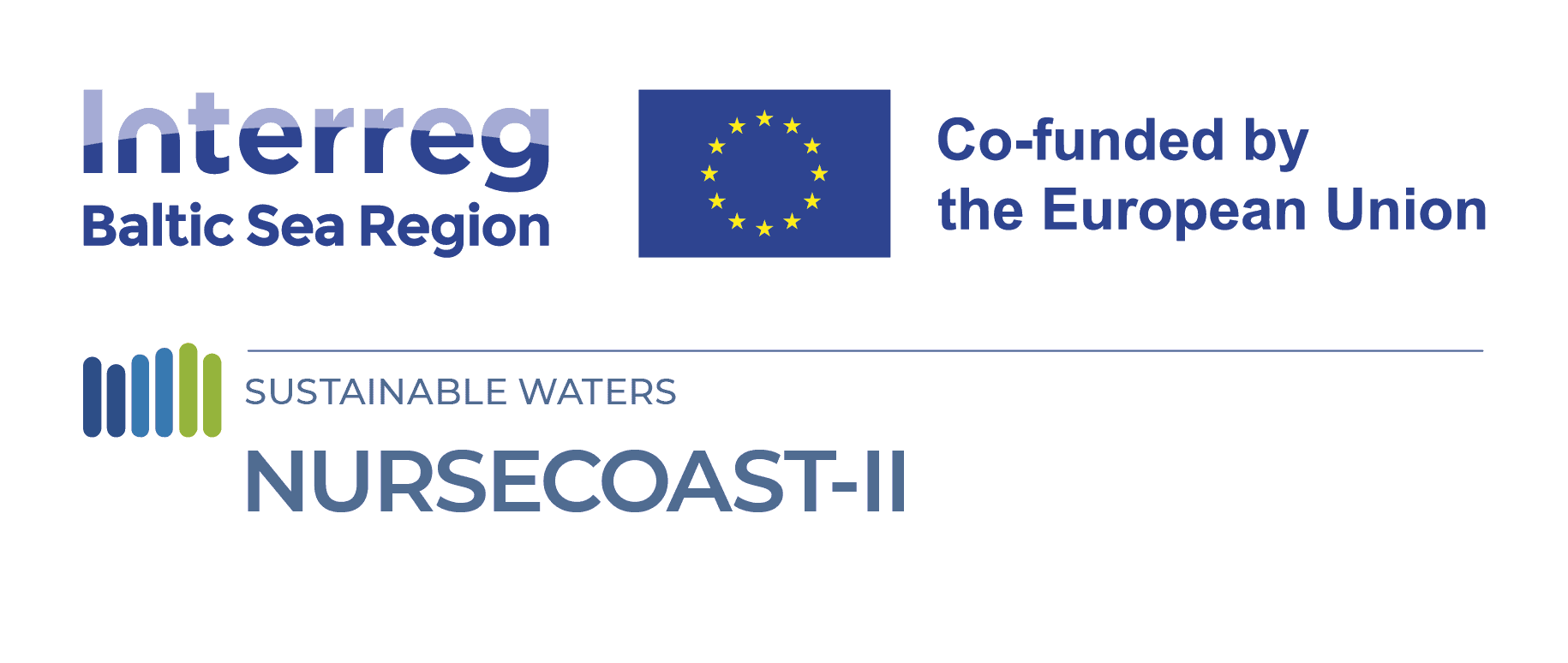
From insight to impact: life cycle assessment as a tool for change
23 September 2025
The LCM (Life Cycle Management) Conference is one of the leading global forums for sustainability in environmental, economic, and social domains. Held every two years, it brings together experts from academia, industry, NGOs, and public institutions to explore practical life cycle approaches. 12th International Conference on Life Cycle Management, LCM 2025, took place in sunny Palermo from 9–12 September under the theme “Global to Local,” attracting over 900 participants and showcasing tools, methods, and best practices for sustainable transition.
The opening session featured several inspiring speeches, including one by Professor Enrico Giovannini, a leading advocate for moving beyond Gross Domestic Product (GDP) as a measure of societal progress and well-being. Giovannini, co-founder and Scientific Director of ASviS (the Italian Alliance for Sustainable Development), emphasized the importance of developing sustainable and inclusive metrics that go beyond GDP to effectively monitor progress toward societal well-being. Marco Beccali, Vice Director of the Department of Engineering at the University of Palermo, addressed the importance of integrating Social Life Cycle Assessment (S-LCA) and Life Cycle Costing (LCC) methods alongside traditional Life Cycle Assessment (LCA).
NURSECOAST-II results: wastewater management in coastal areas
Frans Silvenius (LUKE) presented the first Life Cycle Assessment (LCA) results from the NURSECOAST-II pilot sites, calculated by Lithuanian partners using the ReCiPe 2016 H Endpoint method. The study, led by Jolanta Dvarionienė, assessed environmental impacts per 1 m³ of treated wastewater in small tourist areas around the Baltic Sea. At the Latvian site in Jūrkalne, seasonal variation was significant, and a nanobubble generator was introduced to improve biological treatment. LCA results showed higher environmental impacts during the tourist season (31.1 mPt) compared to the off-season (22.5 mPt), mainly due to electricity use, global warming effects on human health, fine particulate matter formation, and freshwater eutrophication. The study concluded that LCA is a valuable tool for identifying inefficiencies and guiding improvements in wastewater management. It supports regional sustainability by informing policy, engaging stakeholders, and helping quantify nutrient reductions spatially, especially in sensitive coastal areas like the Baltic Sea.
Innovations in wastewater and sludge management
Although wastewater treatment was not the central theme of the conference, it was addressed in several sessions and poster presentations. These discussions highlighted innovative approaches and sustainability assessments related to wastewater and sludge management. One study by Müller-Carneiro et al. compared two nitrogen recovery technologies, HRAS-IEX (High-rate activated sludge with ion exchange) and SS (Ammonium stripping/scrubbing from anaerobic digestion reject water), implemented at pilot scale in Belgium. The consequential LCA revealed that energy and chemical inputs are major environmental hotspots, and secondary fertilizers like ammonium sulfate can effectively replace industrial alternatives.
Gui & Wang introduced an AI-based LCA system for wastewater treatment in China, integrating deep learning and regional process databases to improve accuracy and policy relevance. Farnocchia et al. explored aqueous phase reforming (APR) for treating winery wastewater, demonstrating its potential for both COD reduction and hydrogen energy production. Estévez Rivadulla et al. proposed a six-step sustainability assessment framework for wastewater treatment plants, identifying gaps in indicator thresholds and data collection.
One of the presentations at the conference introduced a novel methodological framework for Social Life Cycle Assessment (S-LCA) tailored to public services. The case study focused on the water supply systems in Venice and Treviso, aiming to evaluate their social performance and identify areas for improvement. The assessment, based on UNEP guidelines, revealed generally satisfactory results, though highlighted challenges in service transparency and communication. This research marks a significant advancement in applying S-LCA to complex public service environments.
Tourism, housing, and sustainability
In the presentation “Supporting Regional Sustainability Goals: Comparative LCA of Vacation Rentals and Hotels”, Giulio Maria Mercatali et al. emphasized the differing perceptions between residents and tourists regarding the impacts of tourism. While tourists (n=112) expressed occasional dissatisfaction with overcrowding and infrastructure strain, they generally did not perceive tourism as problematic for local communities. In contrast, residents (n=85) reported significant concerns, including rising housing prices, reduced quality of life, overcrowded public transport, and increased traffic. Residents expect political support to mitigate these effects.
The environmental Life Cycle Assessment (LCA) compared short-term rentals (STRs) and hotels across several impact categories. Hotels showed higher climate change impacts, primarily due to greater electricity consumption linked to large-scale operations. However, hotels were more efficient in water use and waste generation, producing less waste per guest night than STRs. STRs, often located in pre-existing buildings, benefit from lower construction-related impacts but suffer from inefficient energy use, larger surface areas, and non-standardized cleaning practices, which increase their overall environmental footprint.
The study concludes that social sustainability challenges, especially those affecting residents, are more pressing than environmental differences, but both require further investigation to guide regional policy and sustainable tourism planning.
Key takeaways from LCM 2025
Throughout the LCM 2025 conference, equal emphasis was placed on environmental, social, and economic dimensions of life cycle assessment. Presentations highlighted the critical importance of accurate and high-resolution data for meaningful results. While LCA enables precise identification of environmental hotspots and optimization opportunities, speakers noted that the greatest challenge lies in translating these insights into practice, changing processes, replacing raw materials, or implementing improvements in real-world systems.
Conference proceedings are available: https://www.lcm2025.org/proceeding.pdf
